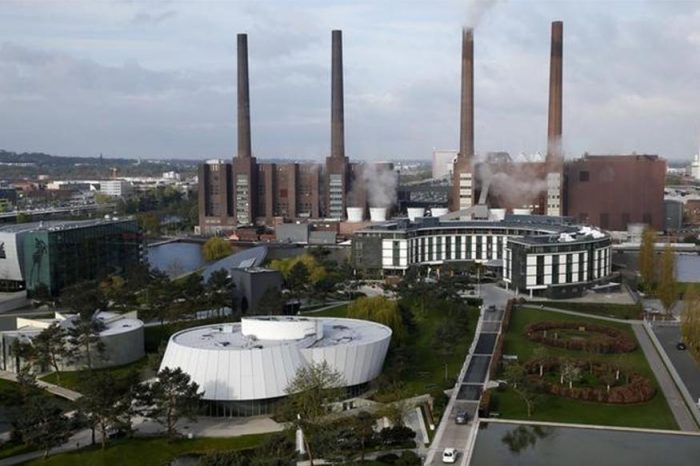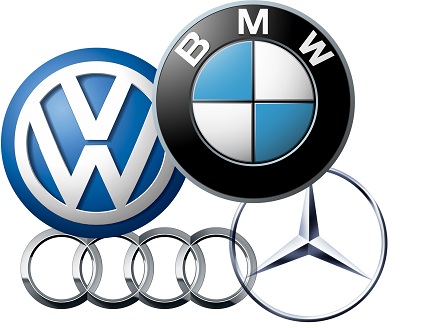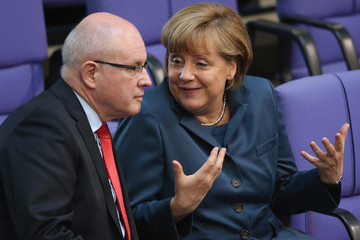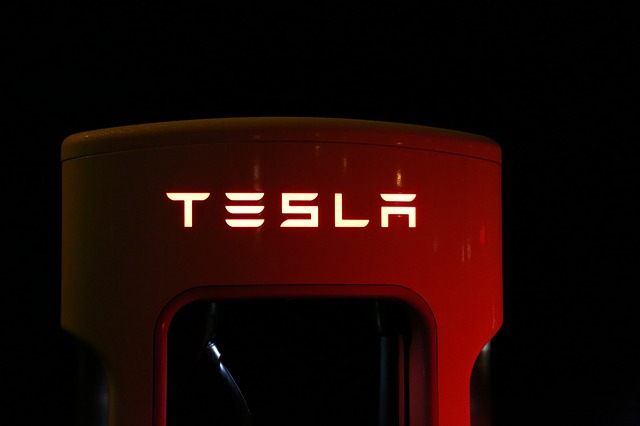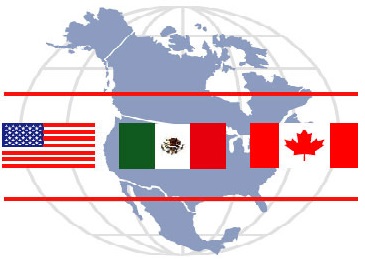Now Reading: Angela Merkel tells German automakers to gain back trust
-
01
Angela Merkel tells German automakers to gain back trust
Angela Merkel tells German automakers to gain back trust

Chancellor Angela Merkel began her re-election campaign on Saturday by targeting German auto executives, pushing them to innovate to protect jobs, and gain back trust lost by a diesel emissions scandal.
Merkel is far ahead of her competitors in opinion polls but, cautious of complacency setting in amongst her voters, she is looking forward to 50 rallies in the areas and cities throughout Germany in the run-up to the September 24 election, when she will seek a fourth term in office.
With her conservative Christian Democratic Union (CDU) campaigning on a platform of financial stability, Merkel ripped into car industry executives for ruining trust in the sector – Germany’s greatest exporter and company of some 800,000 jobs.
“Large areas of the auto industry have gambled away incredible amounts of trust,” she informed a rally in Dortmund.
“This is trust that only the vehicle market can restore. When I say ‘the industry’ that is the business leaders,” she included, to loud applause, pushing executives to be honest.
By targeting car industry executives, Merkel is attempting to both press the sector to innovate and to avoid a drive for more social justice in the country from her primary challenger, Martin Schulz of the left-leaning Social Democratic Party (SPD).
Germany has enjoyed strong growth since Angela Merkel took office in November 2005, and unemployment dropped to record lows. Yet many individuals have low earnings and feel left behind in a globalized economy that has seen rise of the gap between rich and poor.
That sense of injustice and financial angst has been sustained by Volkswagen admitting in September 2015 to have cheated U.S. diesel emissions tests, an admission that plunged Germany’s automobile sector into crisis.
Previously this month, German politicians and vehicle managers accepted upgrade engine software on 5.3 million diesel automobiles to cut contamination and attempt to fix the industry’s battered credibility.
However many politicians fear Germany’s carmakers are cannot invest enough in new technology and facilities.
Looking into this debate, a Greens party state premier defended the diesel at the center of country’s vehicle industry crisis, saying it was a necessary interim solution on the way to electric cars.
Winfried Kretschmann said diesel was a clean technology that helped in reducing the carbon-dioxide emissions blamed for global warming.
Stay Informed With the Latest & Most Important News
Previous Post
Next Post
-
 01Polestar Boss Says It’s Time To Outrun BMW M And Mercedes-AMG
01Polestar Boss Says It’s Time To Outrun BMW M And Mercedes-AMG -
 02Spy Shots: 2027 Mitsubishi Pajero Spotted in Testing Ahead of Possible U.S. Return
02Spy Shots: 2027 Mitsubishi Pajero Spotted in Testing Ahead of Possible U.S. Return -
 032026 Toyota Hilux EV: A Powerful Truck with Silent Torque
032026 Toyota Hilux EV: A Powerful Truck with Silent Torque -
![2027 Mercedes-Benz S-Class Debuts with V8 Engine [Photo Gallery]](https://speedlux.com/wp-content/uploads/2026/01/2027-Mercedes-Benz-S-Class-33-155x125.jpg) 042027 Mercedes-Benz S-Class Debuts with V8 Engine [Photo Gallery]
042027 Mercedes-Benz S-Class Debuts with V8 Engine [Photo Gallery] -
 052026 Corvette ZR1 Production Surges Past Expectations as Output Clears 1,000 Units
052026 Corvette ZR1 Production Surges Past Expectations as Output Clears 1,000 Units -
 06Spy Photos: VW ID. Polo GTI Goes Electric with 223 HP and 280 Miles of Range
06Spy Photos: VW ID. Polo GTI Goes Electric with 223 HP and 280 Miles of Range -
 07The Controversial Ford Voodoo V8 That Was Killed Off Too Early
07The Controversial Ford Voodoo V8 That Was Killed Off Too Early



![2027 Mercedes-Benz S-Class Debuts with V8 Engine [Photo Gallery]](https://speedlux.com/wp-content/uploads/2026/01/2027-Mercedes-Benz-S-Class-33-700x394.jpg)




































